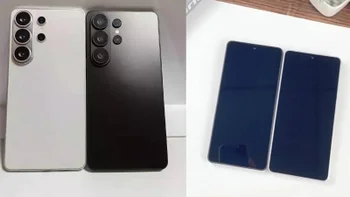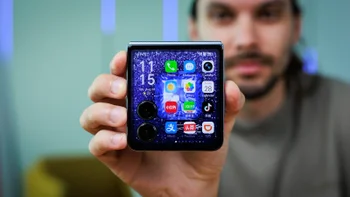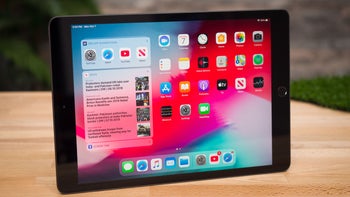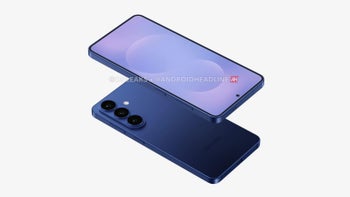What you need to know about the new Best Practice code and stolen devices

Good news! After 24 months of consultation with recyclers, retailers, insurers, network companies and the police, the Federation of Communication Services (FCS) has released a new landmark Code of Practice for gadget recyclers with the goal of protecting both consumers and traders from crime. Reflecting modern market practices, the new code aims to ensure buyers that recycled phones come from legitimate sources, and map a clear route for the return of stolen handsets to their rightful owners.
According to Chris Pateman, chief executive of the FCS, the code benefits consumers in two ways. First, retailers have the confidence that their reprocessed handsets have not been stolen. Second, victims of crime or loss know there is no easy route for anyone to sell their device to recyclers. Recycling companies also know that they can be legally compliant, without restricting the way they run business.
The introduction of the FCS2000: 2016 code (the entire pamphlet is available here) is long overdue. Between 250,000 and 300,000 phones are stolen and reported to the police each year in the UK alone. Always helpful, the friendly bunch at CompareMyMobile came up with some suggestions on things you should do to avoid phone crime.
If your device is lost or stolen, make sure you report it straight away. When recyclers receive a phone, they perform a history check in the CheckMEND database from over 50 billion records. This will establish if the phone has been reported as stolen. You can then inform your network provider so they can block it and give you its IMEI number. Next step is reporting to your local police station by calling 101 or in person, passing on your IMEI.
You should also be careful when buying phones from on-line auction sites. If it's a stolen phone, the device could be barred by the time it gets to you. Instead, you should look towards buying a used handset from established on-line stores that have a verified street address and answer the phone when you call it. When selling a phone, make sure you wipe all personal data and images from the device to protect you from fraud, should it fall into the wrong hands.
source: CompareMyMobile (1, 2)
If your device is lost or stolen, make sure you report it straight away. When recyclers receive a phone, they perform a history check in the CheckMEND database from over 50 billion records. This will establish if the phone has been reported as stolen. You can then inform your network provider so they can block it and give you its IMEI number. Next step is reporting to your local police station by calling 101 or in person, passing on your IMEI.
source: CompareMyMobile (1, 2)
Follow us on Google News












Things that are NOT allowed:
To help keep our community safe and free from spam, we apply temporary limits to newly created accounts: